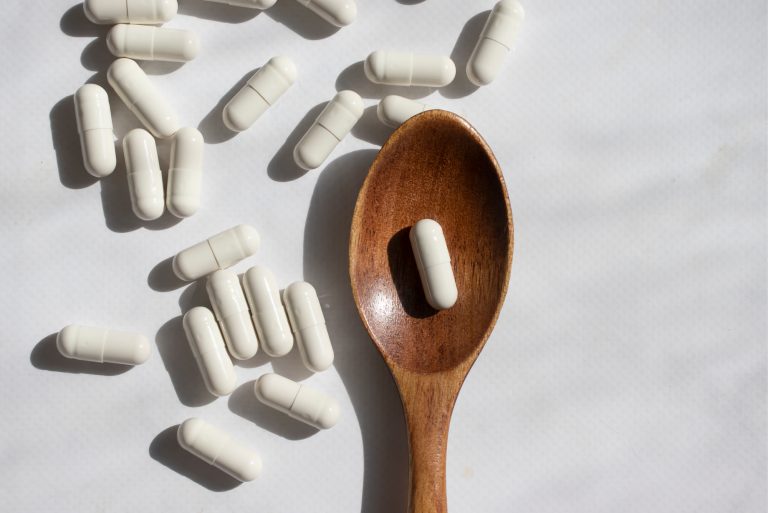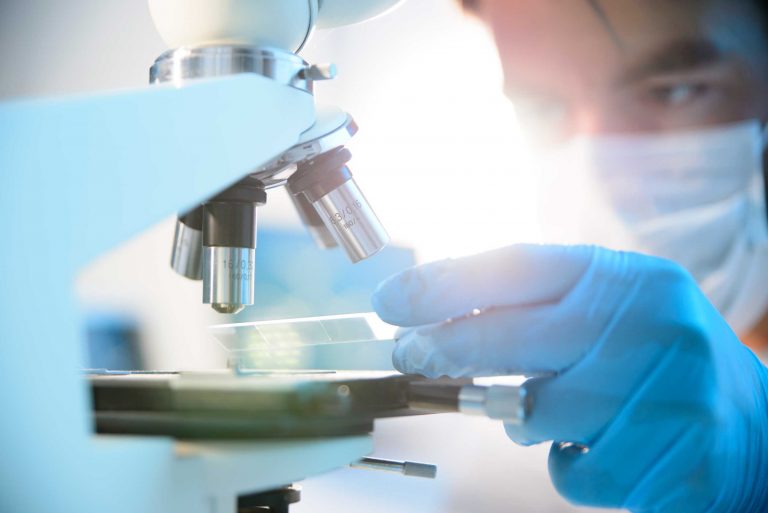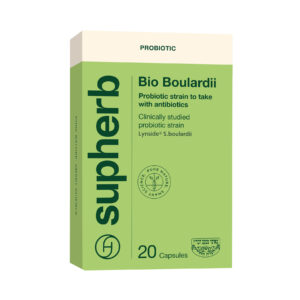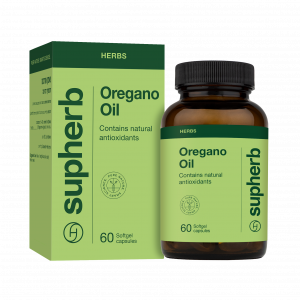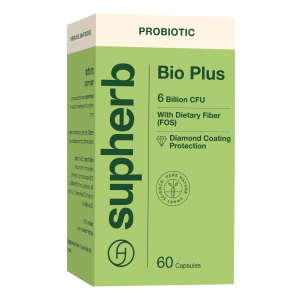- Home
- Probiotics
- Probiotics and Antibiotics: The Connection You Have to Get to Know
Probiotics and Antibiotics: The Connection You Have to Get to Know
- Antibiotic is a group of natural or synthetic compounds that are harmful to bacteria. The discovery of antibiotics in the 20th century was one of the most important medical breakthroughs.
- Antibiotic medications act against bacteria, but not only the “bad” bacteria; they also harm the good and friendly bacteria in body.
- Taking probiotic supplements and eating probiotic foods contributes to the growth and the thriving of friendly bacteria.
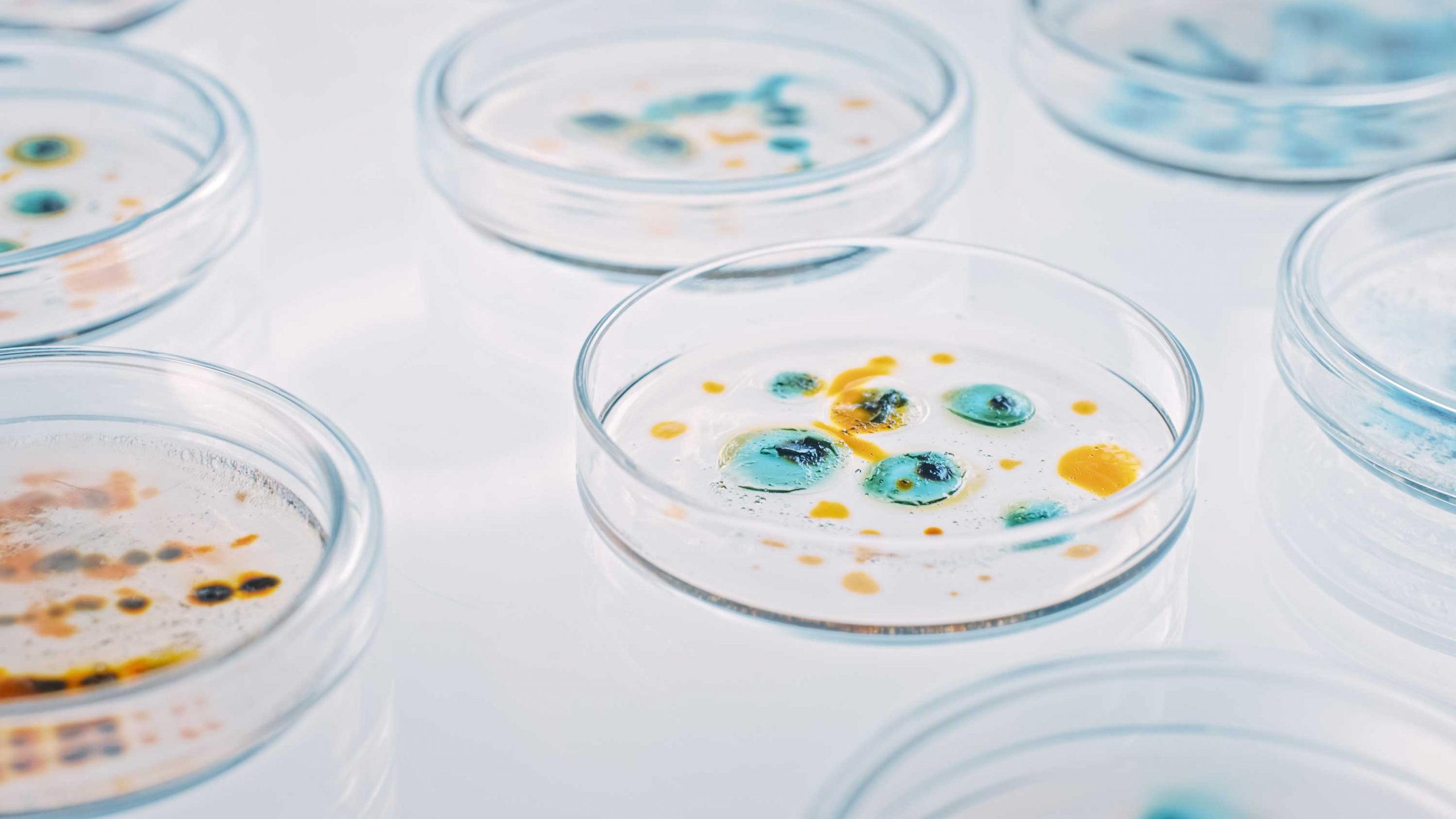
Particularly during the winter, when the frequency of bacterial infections goes up, the usage of antibiotics increases as well. Most of us don’t like taking antibiotics because it tends to cause such unpleasant side effects as diarrhea, nausea, vomiting, bloating, and more on the one hand. On the other hand, we all know that antibiotic treatment is the most efficient method to fight off bacterial infections, and it eventually helps us get better.
This leads us to the conclusion that people will continue taking antibiotics, but it’s important to know that there is a way to lessen and even prevent their side effects.
Antibiotics and Probiotics – For and Against (life)
The meaning of the word antibiotic is “against life”. And indeed, antibiotic is an organic compound that fights bacteria and contagions and destroys them or prevents their growth. However, on their way to destroying the bad bacteria, the antibiotic also attacks everything else that stands in its way; this includes “good bacteria” that are found in the digestive system, whose role is to help our body handle infections and disease. The good bacteria are called probiotics.
Probiotic means “for life”. The good bacteria are naturally found in our digestive system and fill an important part in the normal functioning of our body. These bacteria aid in proper digestion, prevent the growth of harmful bacteria, and fight of0f parasites and fungal infections. They also assist in the production of vitamins, strengthening of the immune system, and many other important processes.
The connection between probiotics and antibiotics is one that you must be aware of
Taking probiotics while taking antibiotics helps lessen their side effects, and why? While antibiotics harm the good bacteria found in the gut, probiotics helps maintain their presence, accelerates their growth, thus neutralizing the effects of the damage done by antibiotics and their side effects. Therefore, taking probiotics during your antibiotic treatment will assist you in getting over the illness quickly and easily.
Probiotics’ efficiency in other health issues
Why is it that probiotics are so effective? Until recently, probiotics have been mentioned primarily in the context of digestive issues and the prevention of antibiotics’ side effects. However, in the past few years, many studies have indicated that probiotics is efficient in treating a long list of diseases and symptom, including urinary tract infections, allergies, and skin diseases. There’s even research that studies the connection between probiotics and weight gain prevention, diabetes and other health conditions. Therefore, taking probiotics is recommended for children, women, and men all year long, and not only during antibiotic treatment.
What is the best way to consume probiotics?
Many products such as yogurt, various food products, and different types of supplements contain probiotic. The real advantage of taking probiotics as a nutritional supplement is its therapeutic efficacy. Probiotic bacteria inside a supplement have a higher chance of surviving in the digestive system than food. Meaning that more of the good bacteria will succeed in reaching its targeted area – the intestines – and grow there. This is in addition to more of them surviving the high acidic environment of the stomach with the help of unique and innovative coating technologies that are found in some supplements.
Another advantage of good quality nutritional supplements is that they contain strains that have already been studied and tested and their efficiency has been proven. There’s a huge difference between probiotic supplements and probiotic foods. Supplements contain a much higher quantity of bacteria concentrated in one tablet, and there is no need to eat a whole cup of yogurt that has other ingredients and an unknown quantity of bacteria.
Wait a moment, how do we combine probiotics with antibiotics? Since antibiotics destroy the good bacteria as well.
Until recently, one couldn’t take antibiotics in parallel with probiotics, and the recommendation was to separate the treatments by two hours. This was in order to prevent the damage to probiotics by antibiotics. This didn’t necessarily help reducing the various side effects. However, the field of probiotics and the study of various strains is growing and advancing in recent years, and has discovered many new and unique strains, one of them is s. boulardii.
This is, in fact, a probiotic yeast and not a bacteria, which is resistant to antibiotics and isn’t harmed by it, that something allows it to be used parallel to the antibiotic treatment, without any wait time.




